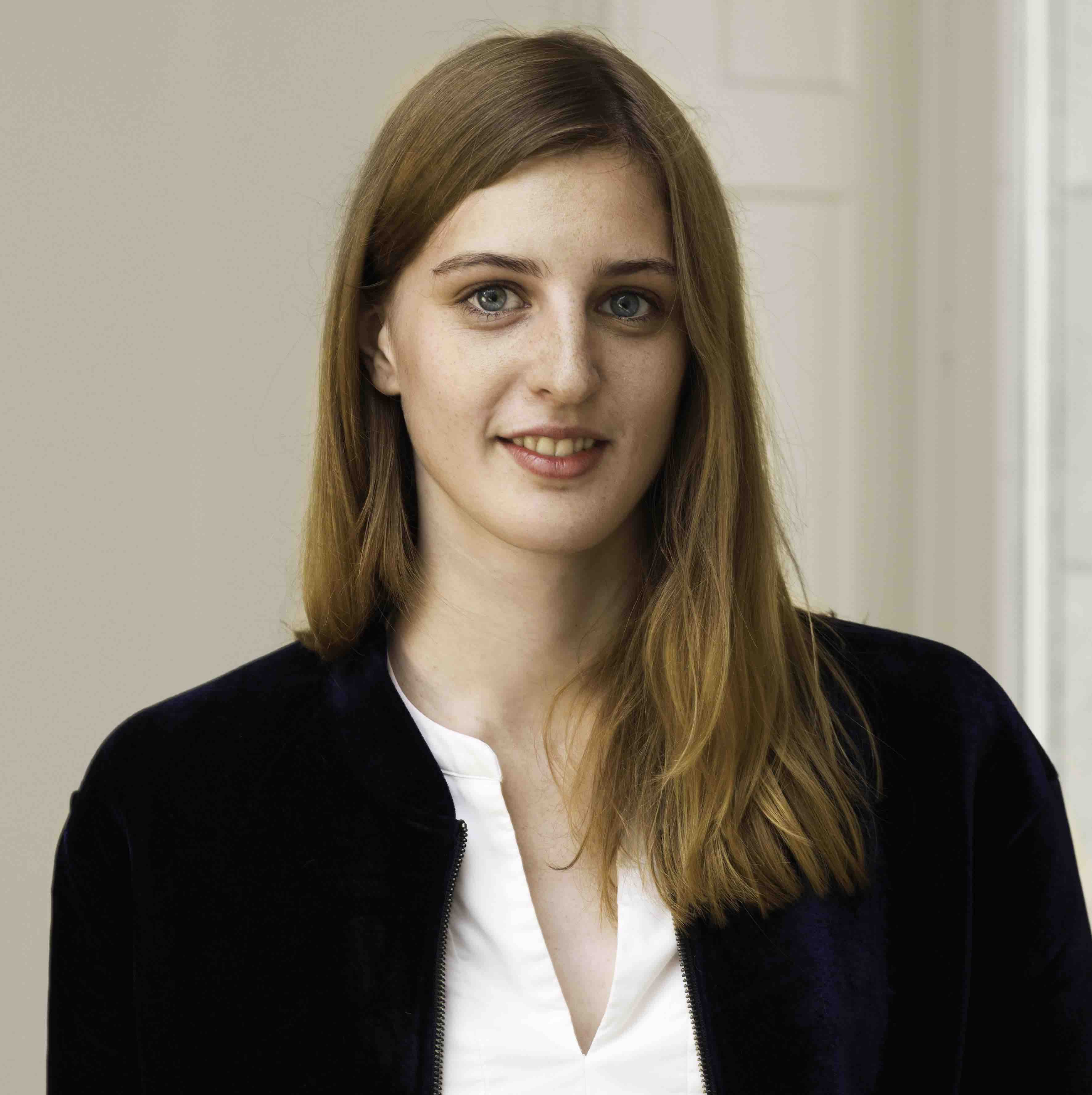Charlotte Bunne
Incoming Assistant Professor in Computer Science and Life Sciences at EPFL.

I am a Postdoctoral Fellow at Genentech and Stanford University working with Aviv Regev and Jure Leskovec. I recently received my doctorate at ETH Zurich under the supervision of Andreas Krause and Marco Cuturi. I am part of the Institute for Machine Learning and the ETH AI Center. Before, I visited the Broad Institute of MIT and Harvard as a research fellow and worked with Stefanie Jegelka as a Master student at MIT. In the past, I interned at Google Research, Apple, and IBM Research. Throughout my undergraduate and graduate studies I’ve been a Fellow of the German National Academic Foundation. For my studies I received the Excellence Scholarship of the ETH Foundation. I am a recipient of the Google Generation Scholarship and holder of the ETH Medal.
My research aims to advance personalized medicine by utilizing machine learning and large-scale biomedical data. In my doctoral thesis, I developed novel machine learning algorithms based on neural optimal transport for modeling dynamical systems. Tailored to problems in single-cell biology, these tools allow us to predict fine-grained and continuous-time responses of single-cells to perturbations, i.e., the effect of a cancer drug on a patient’s tumor cells (see a feature in ETH Press). Proving successful within both the medical and the machine learning community, they provide a foundation for understanding cellular heterogeneity and personalized therapies in biomedical research.
In case you wonder how optimal transport allow us to study dynamical systems, how it connects to control theory, flow matching, and diffusion models, and how it is advancing molecular biology research, have a look at our tutorial at the International Conference on Machine Learning (ICML).
Follow: Google Scholar bunnech @_bunnech @bunnech@sigmoid.social
Announcements
| Dec, 2023 | I am hiring PhDs and PostDocs. Please apply! |
|---|---|
| Sep, 2023 | Marco Cuturi and I gave a tutorial on Optimal Transport in Learning, Control, and Dynamical Systems at ICML 2023. Recording, slides, and script are now online! |
| Aug, 2023 | I am organizing two workshops at NeurIPS 2023: The Optimal Transport and Machine Learning Workshop and the Workshop on Diffusion Models, taking place Dec 15 to 16! |
| Apr, 2023 | I am co-organizer of the Molecular Machine Learning Conference (MoML). After the sucess of the first edition at MIT, the second one will take place May 29, 2023 in-person at Mila. |
| Mar, 2023 | I am a Panelist at the Structured Probabilistic Inference & Generative Modeling Workshop taking place at ICML 2023. |
Selected Publications
- AISTATSOral
- AISTATSBest Paper AwardProximal Optimal Transport Modeling of Population DynamicsInternational Conference on Artificial Intelligence and Statistics (AISTATS), 2022Best Paper Award and Contributed Talk at ICML Time Series Workshop, 2021.
- ICLRIndependent SE (3)-Equivariant Models for End-to-End Rigid Protein DockingInternational Conference on Learning Representations (ICLR), 2022Contributed Talk at ELLIS Machine Learning for Molecule Discovery Workshop, 2021.Spotlight Talk at ICLR and Ranked Top 15 among 3326 Submissions (Top 0.4%).
- NeurIPSMulti-Scale Representation Learning on ProteinsAdvances in Neural Information Processing Systems (NeurIPS), 2021Spotlight Talk at ICML Computational Biology Workshop, 2021.